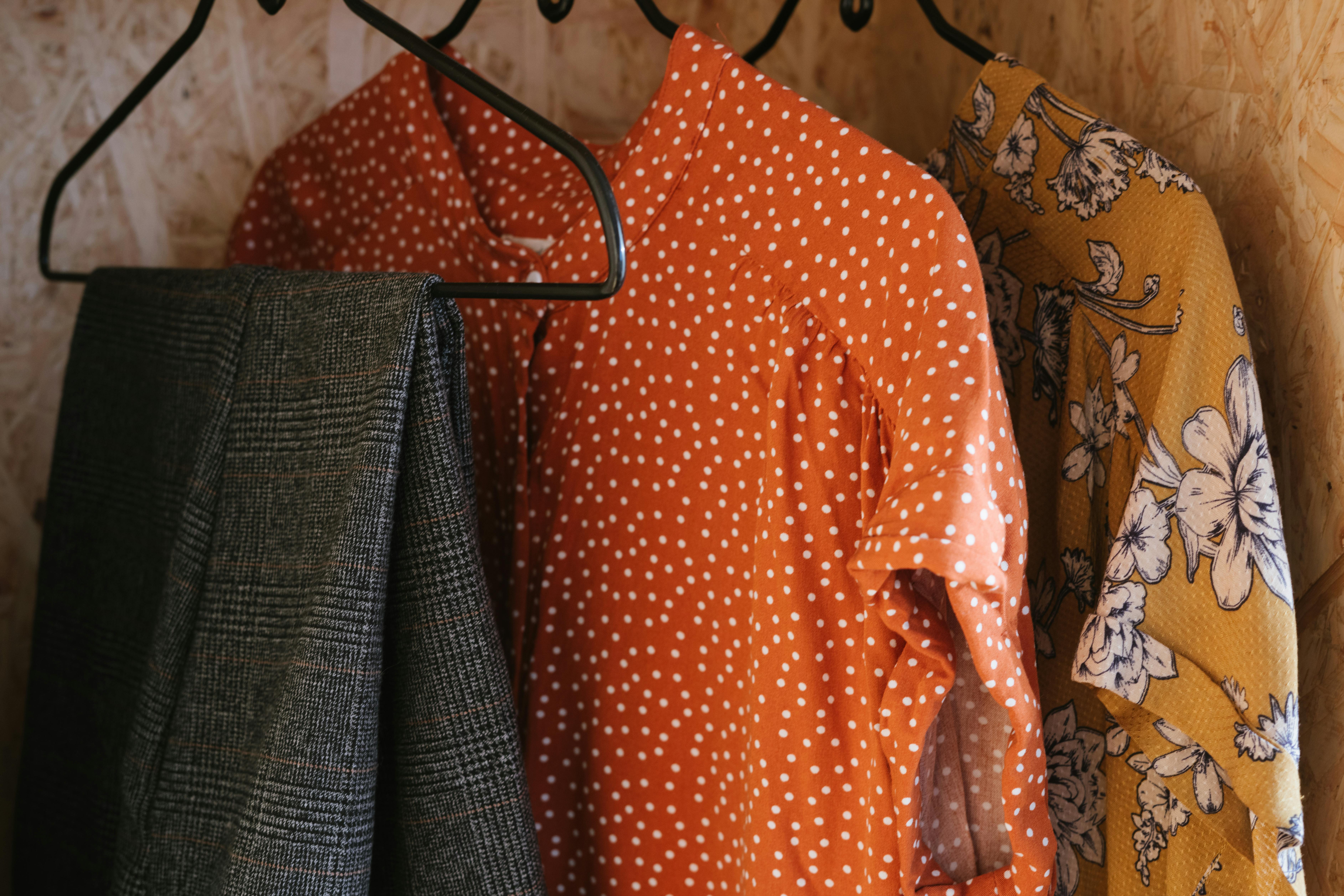
Tea and breastfeeding
Website design By BotEap.comTea is gaining popularity every year. Part of its appeal is its many health benefits, but despite being a healthy drink, it is still a source of caffeine. However, compared to coffee, the chemical composition of tea is quite different and many people find it easier to tolerate.
Website design By BotEap.comHowever, anyone sensitive to caffeine should limit their tea intake. This is especially true for pregnant women and nursing mothers because excessive amounts of caffeine can harm or irritate their babies.
Website design By BotEap.comTolerance to caffeine varies widely, but most doctors advise pregnant women to cut down on their caffeine intake. Studies have shown that caffeine passes through the placenta to the fetus, and there is a possible link between high caffeine intake and miscarriage.
Website design By BotEap.comIt is true that high levels of caffeine (three cups of coffee a day or more) should be avoided during pregnancy, but an occasional cup of tea seems to be acceptable. Just be sure to avoid other sources of caffeine like chocolate, soda, and over-the-counter medications.
Website design By BotEap.comAfter birth
Website design By BotEap.comNursing mothers who drink tea are giving their babies a dose of caffeine. The highest concentrations of caffeine in breast milk occur about an hour after consumption, so mothers who drink tea should wait until the baby has been fed.
Website design By BotEap.comBabies who have been exposed to caffeine during pregnancy seem to tolerate it better, but too much caffeine can make babies fussy and irritable. Babies metabolize caffeine much more slowly than adults, so mothers who drink a lot of tea may find that their babies become more fussy as their caffeine levels increase.
Website design By BotEap.comShould the breastfeeding mother eliminate tea? It is a personal choice, but it is advisable to reduce your caffeine intake until your baby is about 6 months old.
Website design By BotEap.comHerbs tea
Website design By BotEap.comNursing mothers looking for a substitute for their regular tea may find herbal tea to fit the bill. Unlike green tea or black tea, most herbal teas do not contain caffeine. It is safe to consume and can even help with milk production. Herbs like nettle and thistle have traditionally been used to increase breast milk, and herbs like chamomile and motherwort are great for relieving stress.